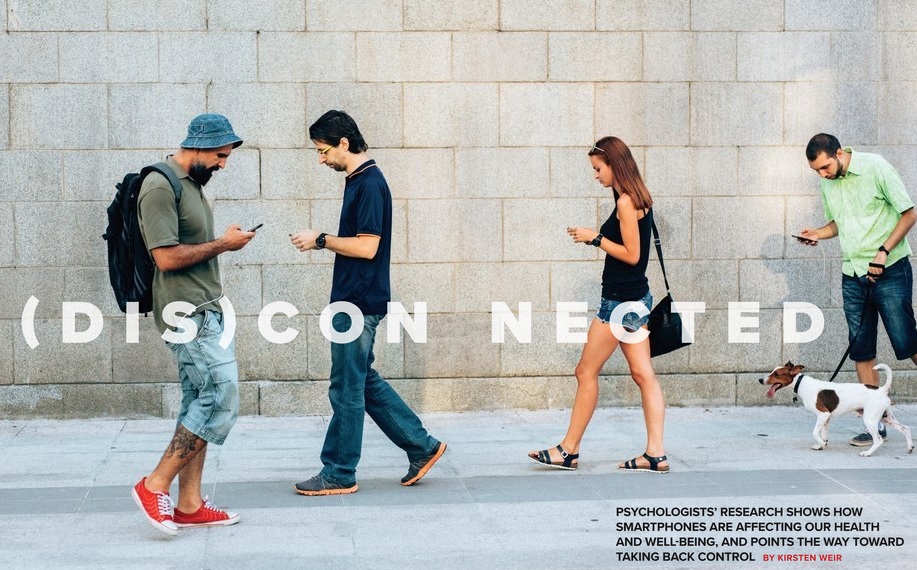Following up on my last two blog posts regarding social and electronic media, My Better Half shared this video with me:
The way this video represents a range of social media behaviors feels raw and real by focusing on the actions and nonverbal forms of communication in the physical presence of each person. I thought this was worth sharing in so far as it's evocative and can help facilitate a discussion.
I have a few guidelines I've implemented in my daily life - and recommended to clients - that I think could be helpful to incorporate into everyone's daily routines:
Zero tolerance for technology during meals.
This can be delimited and brief (even 5 to 10 minutes) with no one looking at their phone. The ritual of breaking bread with others is so valuable for a variety of reasons, and I think that is a routine worth establishing as often and as early as possible with children and families.
Now, what I would encourage people to do is to have a fairly elastic definition of meal times. I get to meet with a number of children and adolescent clients who are working on skills like sitting during meals or eating a variety of food. It's not cheating if you change the definition. A meal could be a snack your kid likes to eat after school. Or meal planning time when you pick out what you're going to eat for breakfast or pack lunches for the next day together.
Keep the phone out of the bed. Literally.
Don't bring your phone in bed when reading stories to your children, talking with your partner, or transitioning to sleep. Even if you're a medical provider who needs to be on call at night, the psychological distance of putting it on a night stand that is a few feet away can be very real.
Be intentional about how & when you use your phone.
Rather than mindlessly and passively scrolling into the oblivion of your Facebook feed, go on a mission to find something or connect with someone through direct messaging. Messaging with intent is very different than just liking the buh-Jesus out of every witty or contrarian thought.
Reward yourself and your children for setting and sticking to technology limits.
If your 7-year-old child can go from 5 to 7 PM with a focus on playing outdoors or building something with their hands or their imagination, praise them like they're walking on the water. It's a big damn deal in this day and age to occupy ones self without the aid of technology. Pay attention to what you want to see more of and bring on the parade when you see the good behavior in action.
Take your teen's access to technology seriously.
A paper I read yesterday highlights the complexity of adolescents' access to social media and how it impacts their well-being. The catalytic effect of one post or accidental share can alter the trajectory of a child's academic year or self-concept without caregivers' even knowing.
This line in particular rung most true for me and ties in nicely with the video above:
“...the social exclusion and comparison resulting from vast amounts of time reading large social media feeds and seeing friends doing things without you and comparing your inner emotional experience to everyone else’s highly groomed depictions of their seemingly marvelous lives.”
While this run-on sentence may seem a far cry from the reality of parent- or adult-hood, I'd bet the farm that the so-called average adolescent could speak to the truth of this point of view. The world is both bigger and more constrained than it's ever been, making the boundaries harder to find and more difficult to delineate during times like these...






